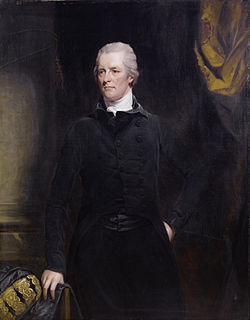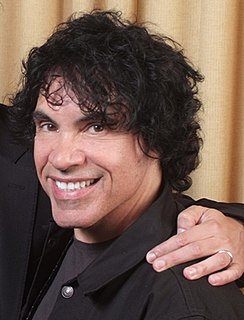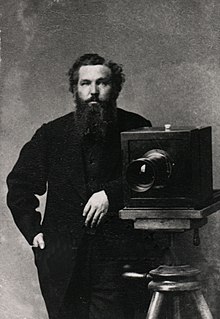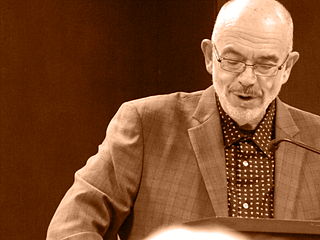A Quote by Joseph Conrad
Books may be written in all sorts of places. Verbal inspiration may enter the berth of a mariner on board a ship frozen fast in a river in the middle of a town.
Related Quotes
There's a lot of craft in songwriting. The divine inspiration is when the idea comes. It may be a riff. It may be a word. It may be a phrase. It may be a title. Sometimes, in the best of both worlds, that divine inspiration extends through the whole song. I've literally sat down and written a song from beginning to end, almost complete lyrics and everything without ever stopping...in two minutes. The chorus of 'She's Gone' was like that.
I may not be funny. I may not be a singer. I may not be a damn seamstress. I may have diabetes. I may have really bad vision. I may have one leg. I may not know how to read. I may not know who the vice president is. I may technically be an alien of the state. I may have a Zune. I may not know Excel. I may be two 9-year-olds in a trench coat. I may not have full control of my bowels. I may drive a '94 Honda Civic. I may not “get” cameras. I may dye my hair with Hydrogen Peroxide. I may be afraid of trees. I may be on fire right now. But I'm a fierce queen.
Penance to be sure must be used as a tool, in due times and places, as need may be. If the flesh, being too strong, kicks against the spirit, penance takes the rod of discipline, and fast, and the cilice of many buds, and mighty vigils; and places burdens enough on the flesh, that it may be more subdued. But if the body is weak, fallen into illness, the rule of discretion does not approve of such a method.
The ship of my life may or may not be sailing on calm and amiable seas. The challenging days of my existence may or may not be bright and promising. Stormy or sunny days, glorious or lonely nights, I maintain an attitude of gratitude. If I insist on being pessimistic, there is always tomorrow. Today I am blessed.
Books may not change our suffering, books may not protect us from evil, books may not tell us what is good or what is beautiful, and they will certainly not shield us from the common fate of the grave. But books grant us myriad possibilities: the possibility of change, the possibility of illumination.
We may live without poetry, music and art; We may live without conscience, and live without heart; We may live without friends; we may live without books; But civilized man cannot live without cooks. . . . He may live without books,-what is knowledge but grieving? He may live without hope,-what is hope but deceiving? He may live without love,-what is passion but pining? But where is the man that can live without dining?







































